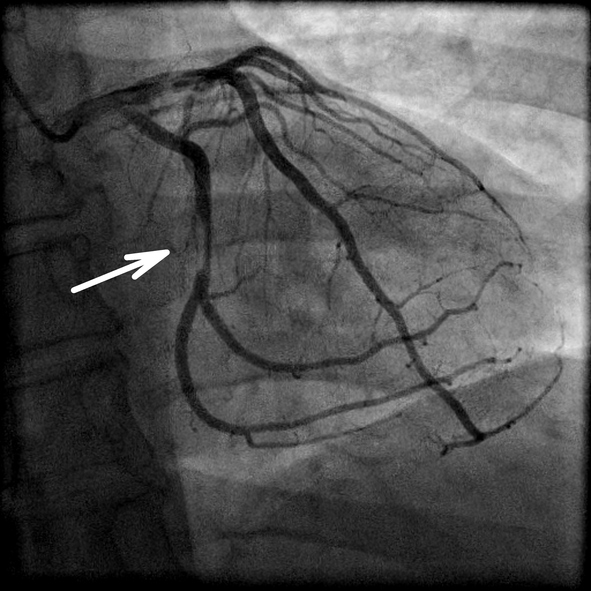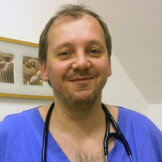How is angina treated and can it be cured?
Treatment for angina pectoris relies on drugs . However, first aid is important in the event of an episode of angina pectoris. It includes the interruption of any burden, both physical and mental. This will reduce the demands on the heart. It is important to reassure the person concerned , of course, the person should be in a quiet environment .
If the affected person has a prescribed NTG spray (nitroglycerin) or other nitrate, they should apply it. When administering NTG, the principle is that systolic blood pressure (upper, first and higher pressure) should be above 100. Otherwise, there is a risk of loss of consciousness due to hypotension (low blood pressure), ie collapse. Nitroglycerin should not be used for normal nausea and fainting .
The pain in the AP should then subside within a few minutes. If chest pain persists , it is important to call the emergency services at 155 . This is due to the risk of myocardial infarction. Of course, even if the person does not have an NTG and the difficulties persist , or this is the first experience with these difficulties. And also in a person with a change in the nature and intensity of difficulties in a person with a known stable AP .
They use drugs from different pharmacological groups . These have the task of maintaining the permeability of the vessel , such as short-term or long-acting nitrates . Suitable blood clotting as antiplatelet agents , and thus acetylsalicylic acid (ASA, such as Acylpyrin) or antithrombotic treatment (clopidogrel, ticlopidine or warfarin). Furthermore, beta-blockers, ACE inhibitors, calcium channel blockers or statins. A particular method is coronary angiography followed by coronary angioplasty .

Prevention is very important . This includes the adjustment of the overall lifestyle and regime measures , such as:
- change of eating habits
- the Mediterranean type of diet is suitable
- fat intake restriction
- less salt
- do not eat smoked, fatty, salty, sweet
- vegetables and fruits are suitable
- whole grain cereals, cereals
- olive oil, nuts and seeds
- herbs
- lean meat and especially fish
- eat more frequent and smaller portions
- sufficient physical activity
- do not smoke
- do not drink alcohol
- weight reduction in overweight and obesity
- avoid stress
- sufficient drinking regime
- treatment of other diseases










